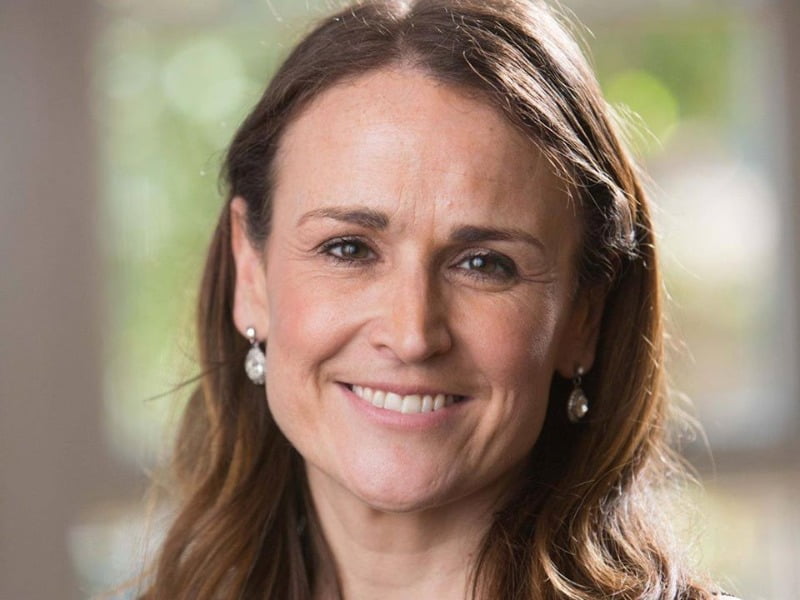The upside of long-term and sustained public investment in scientific research becomes a lot more obvious during times of crisis. A national resource of deep knowledge experts is suddenly more visible.
In a year like this one, where challenges from bushfires and air quality to the current COVID -19 crisis, the public focus on our national scientific resources has had a sharpness of clarity we have not seen before.
Newly appointed Science and Technology Australia chief executive Misha Schubert said the ongoing response to the challenges of 2020 had put the value of science to both industry and Governments into stark relief.
“All of these events have focused the public’s mind to a greater extent on the value of the deep expertise that is available to us in moments of challenge or crisis,” Ms Schubert said.

“Seeing those frontline expert deploying so magnificently – particularly with public health advice to slow the spread of the coronavirus and in the race for a vaccine – is a real and terrific proof-point about the wisdom of having long-running investments in [science and research],” she said.
“We make those long term, sustained investments – over decades – to have this level of expertise that is readily deployable in a moment of challenge.”
As a further example, she said one of STA’s member societies – the Australian Society for Microbiology – put a call out this week for volunteers trained in microbiology to register to help with coronavirus testing if needed.
“Within the first 48 hours they had more than 1100 skilled scientists and post-grad science students register – and they’ve shared that database with hospitals and diagnostic labs across Australia.”
“And that’s only possible because we’ve invested as a nation in STEM education from primary school to postgraduate degrees, in research careers and in grants for those scientists to work at the frontiers of knowledge.”
Ms Schubert, who began her role leading STA earlier this month, says she aims to enhance the role of science in policy making and industry to help better navigate future challenges.
“There is an opportunity to not only bring that expertise deeper into the policy making processes, but also into those important public conversations, so that it adds to the sum of the public understanding of the big issues that we have to navigate as a country and as an economy.”
Ms Schubert was previously director of strategic communications at Universities Australia. She takes over from Kylie Walker who has been appointed as CEO of the Australian Academy of Technology and Engineering (AATSE).
STA is a peak body for scientists and those working in technology. It operates as a federation of different scientific bodies and technology associations, ultimately the nation’s 80,000 scientists and those working in technology.
Ms Schubert said her aim of getting scientific expertise into the policy making process was pragmatic. It was not just moments of immediate challenge that draws on expertise.
There were also economy-sized ramifications of the surging technology changes in areas like AI, machine learning, quantum computing and the other data sciences that would “dramatically reshape workplaces and what jobs look like.”
Those changes would ultimately impact “what large sections of economy look like, and the skills that are required to support the economy.”
Ms Schubert said she would focus was on building research capability and finding smart ways to support that research expertise, whether it was in the private sector or public institutions.
The aim was “to maximise opportunities for Australia and to make sure we don’t lose really important home-grown IP. [We need] to look for clever opportunities to enhance the level of industry-research engagement, where businesses are teaming up with publicly-funded research institutions. There’s a compelling business case and a very strong return on investment to business from those research partnerships.”
“We need to be thinking of ways that we can really tap into that brilliant brains trust that we have in this country,” she said. “This expertise is a priceless asset for business, Governments and the community.”
Do you know more? Contact James Riley via Email.

